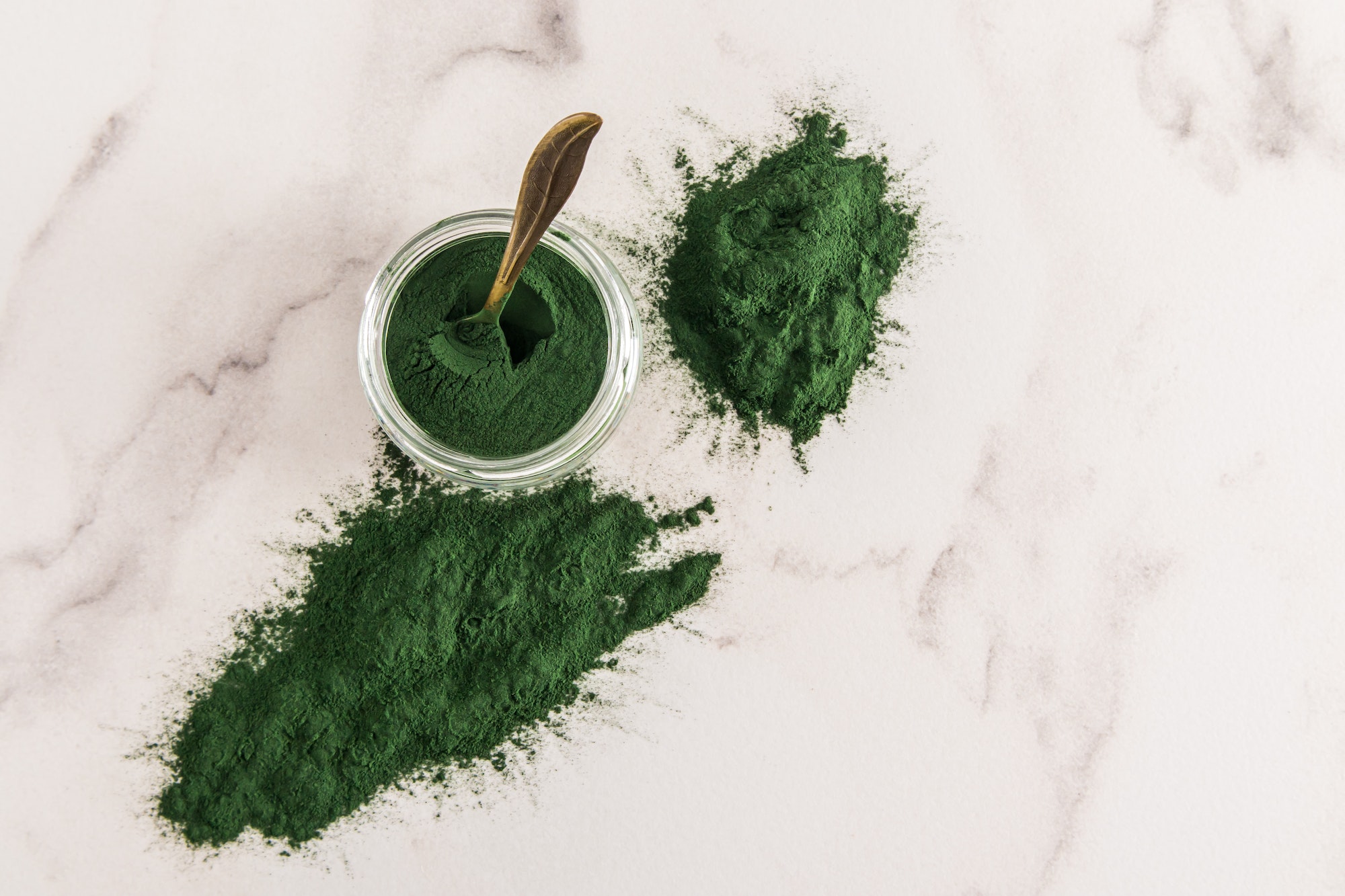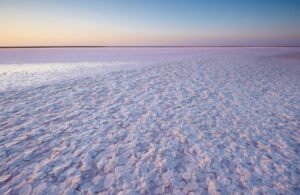Spirulina, a type of blue-green algae, has gained widespread attention in recent years for its potential health benefits and applications in the cosmetic industry. As a microalgae, Spirulina is known for its high protein content, essential amino acids, vitamins, and minerals, making it a popular supplement for those looking to improve their overall health and well-being. Additionally, its antioxidant and anti-inflammatory properties have made it a popular ingredient in cosmetics, particularly in products designed to nourish and protect the skin.
Microalgae are microscopic, photosynthetic organisms that can be found in both freshwater and marine environments. These tiny organisms are responsible for producing approximately 50% of the world’s oxygen and serve as a crucial component of the global carbon cycle. There are several types of microalgae used in cosmetics, including Spirulina, Chlorella, and Dunaliella. Each of these microalgae offers unique benefits and properties that make them valuable additions to cosmetic formulations.
Spirulina (Arthrospira platensis) is a filamentous cyanobacterium that forms spiral-shaped colonies. It is often referred to as blue-green algae due to the presence of phycocyanin, a pigment that gives it a blue-green color. Spirulina is considered one of the most nutrient-dense foods on the planet, containing high amounts of protein, essential amino acids, vitamins (including B12), and minerals such as iron and calcium. Its antioxidant properties help protect the skin from free radical damage caused by environmental factors such as UV radiation and pollution.
In cosmetics, Spirulina is often used in face masks, serums, and creams to provide nourishment and hydration to the skin. Its high concentration of vitamins and minerals helps improve skin elasticity and reduce the appearance of fine lines and wrinkles. Additionally, its anti-inflammatory properties can help soothe irritated or inflamed skin conditions such as acne, eczema, and psoriasis.
Chlorella (Chlorella vulgaris) is a single-celled green algae that is rich in chlorophyll, giving it a green color. Like Spirulina, Chlorella is known for its high protein content and essential amino acids. It also contains vitamins A, B, C, and E, as well as minerals such as iron, zinc, and magnesium. Chlorella has antioxidant properties that can help protect the skin from environmental damage and promote a healthy complexion.
In cosmetics, Chlorella is often used in products designed to detoxify and rejuvenate the skin. Its high chlorophyll content can help neutralize free radicals and remove toxins from the skin’s surface. Additionally, Chlorella can help improve skin tone and texture by promoting cell turnover and stimulating collagen production.
Dunaliella (Dunaliella salina) is a unicellular green algae found in highly saline environments such as salt lakes and coastal waters. Dunaliella is unique in that it can produce high amounts of beta-carotene, a powerful antioxidant that provides protection against UV-induced skin damage. It also contains other carotenoids such as lutein and zeaxanthin, which have been shown to have beneficial effects on skin health.
In cosmetics, Dunaliella is often used in products designed to protect the skin from sun damage and promote an even skin tone. Its high beta-carotene content can help reduce the appearance of age spots and hyperpigmentation caused by sun exposure. Additionally, its antioxidant properties can help prevent premature aging by neutralizing free radicals and reducing oxidative stress on the skin.
In conclusion, microalgae such as Spirulina, Chlorella, and Dunaliella offer a range of benefits for the cosmetic industry due to their high nutrient content, antioxidant properties, and unique biological activities. As research continues to uncover the potential applications of these microalgae, it is likely that their use in cosmetics will continue to grow, offering new and innovative solutions for promoting healthy, radiant skin.


